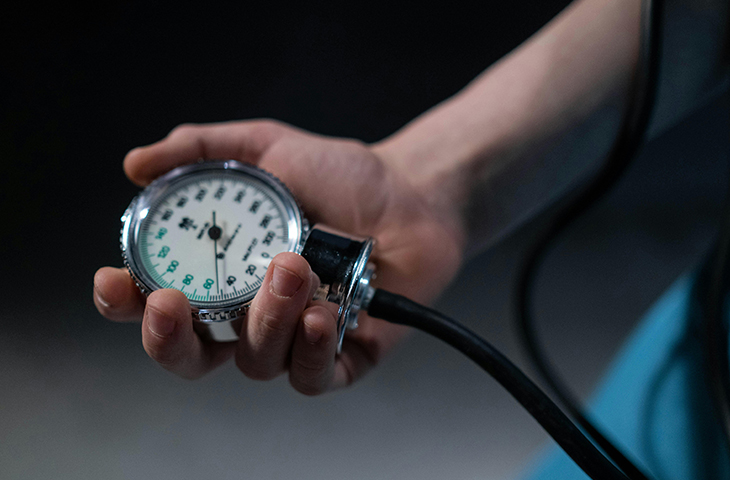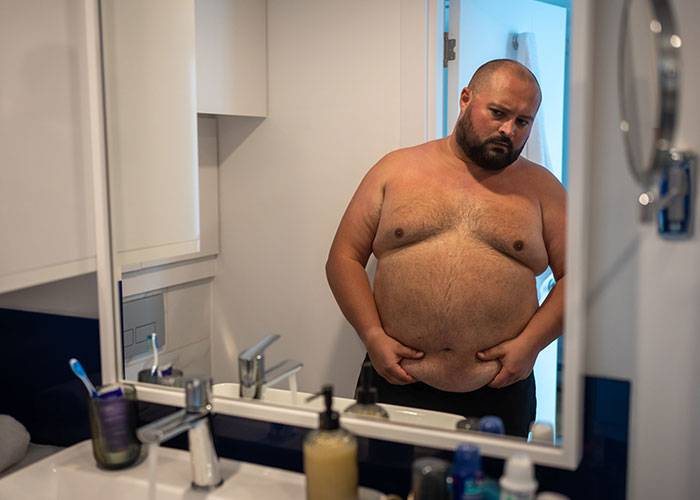Cellphone Bans In Some States' Public Schools Take Effect As Experts Point Out Pros And Cons

Some U.S. states and school districts are heeding calls for stricter protocols or even outright bans on cellphone usage by students.
Arizona is the latest state attempting to restrict usage, according to reports, with the legislature arguing that while districts can individually tackle the issue, a wider law is necessary.
In April, Gov. Katie Hobbs vetoed a bill that would have limited cellphone use in Arizona's public schools.
KIDS AND SMARTPHONES: HOW YOUNG IS TOO YOUNG? EXPERTS REVEAL IMPORTANT RECOMMENDATIONS
Tom Horne, state superintendent of public instruction for the Arizona Department of Education, and others held a news conference this past Thursday to make the case for a state-wide cellphone ban in schools.
Horne said during the news conference that cellphone use is a "serious problem" that has gradually gotten worse.
"The students can't learn that way," he said — noting instead that cellphones should be put "away for the school day."
He also said that cellphone use has "become the heroin of our time … No teacher should be expected to have to teach a class where the students are scrolling on their cellphones."
At least 11 U.S. states have passed laws or enacted policies that ban or restrict students’ use of cellphones in schools — or recommend that local districts enact their own restrictive policies, according to an Education Week analysis.
STATE LAWMAKERS PUSH FOR BAN ON PHONES IN SCHOOLS
The Los Angeles Unified School District (LAUSD) board of education voted in June to ban students from using smartphones.
LAUSD — the largest district to adopt a complete ban on phones during the school day — is required to implement the policy by Jan. 2025.
The California School Boards Association said that school districts, rather than the state, should decide whether to regulate smartphone use in classrooms.
"We support legislation [that] empowers school leaders to make policy decisions at a local level that reflect their community's concerns and what's necessary to support their students," Troy Flint, a spokesperson for the California School Boards Association, told The Associated Press.
In July, Virginia Gov. Glenn Youngkin issued an executive order to "help bring cellphone-free education to Virginia schools," charging the Virginia Department of Education with creating policies for removing cellphones from K-12 public schools, according to the state's Department of Education website.
In Connecticut, Gov. Ned Lamont and the Connecticut State Board of Education released a report stating their position on the issue, offering policy guidance for school districts to consider recommending removal of cellphones from elementary and middle schools.
Meanwhile, in January, the Flint Community Schools District in Michigan enacted a ban on cellphones in any school building, according to local reports.
Some states have taken an incentivized approach by launching programs to restrict the use of cellphones during the day.
Arkansas, Delaware and Pennsylvania have incorporated storage pouches for students' phones during school hours, local reports say.
For more Lifestyle articles, visit www.foxnews.com/lifestyle
"Arkansas’ phone-free schools’ program isn’t about taking anything away — it’s about giving kids the freedom to learn without distractions," Gov. Sarah Huckabee Sanders told Fox News via email.
"Around 75% of Arkansas districts plan to join our initiative, showing parents' and teachers’ widespread support for restricting in-school phone use."
Dr. Willough Jenkins, a pediatric psychiatrist at Rady Children’s Hospital and UC San Diego, told Fox News Digital that she generally sees a lot of negative effects of phone usage among children and teens.
"It's not black and white — [it's] quite a nuanced discussion, because not all children struggle with phone use," she said.
"But for those who do, we certainly are seeing the impacts in our mental health clinics and within psychiatry."
The amount of time spent on devices is impacting children's ability to engage in other activities, such as extracurriculars and hobbies, creating a "crowding-out effect," according to Jenkins.
"The other piece is the content they're viewing on their phones, because it's not all created equal," she noted.
Some students may use the devices for school-related research, for example — while others may view "harmful content" through social media.
CLICK HERE TO SIGN UP FOR OUR LIFESTYLE NEWSLETTER
The use of phones at school during free periods like lunch and recess can also hamper socialization, Jenkins warned.
"[When] children are immersed in their phones and not interacting with other children around them, we worry about the impact on their social development, because schools are about academics and [also] the social learning that comes along with it."
In response to phone-banning policies being enacted nationwide, Jenkins said she hopes lawmakers and schools take into consideration students who may need a device for medical reasons.
"There's a certain population of children that are neurodivergent or with autism spectrum diagnoses, and they may be using devices to help with communication," she noted.
CLICK HERE TO GET THE FOX NEWS APP
Other students with medical conditions, such as diabetes, may need to monitor things like blood glucose, Jenkins added.
"I think we have to consider all of these situations when we're making rules."
Some parents, for their part, have argued that kids should retain their cellphones during the day in case of emergency situations in which they have to reach their moms, dads and caregivers urgently.
Landon Mion of Fox News Digital contributed to this report.


